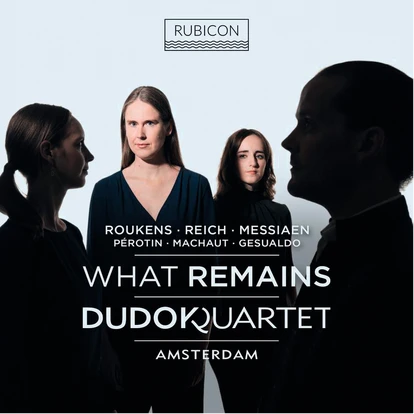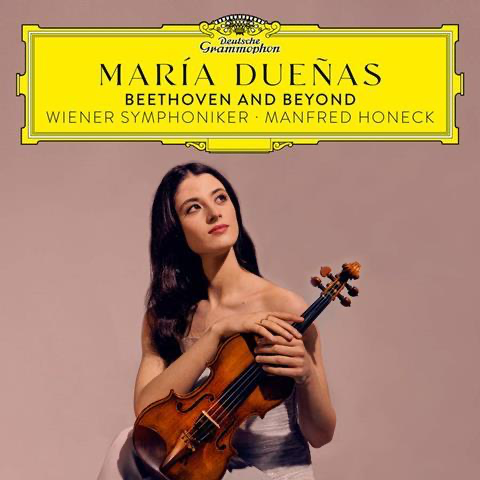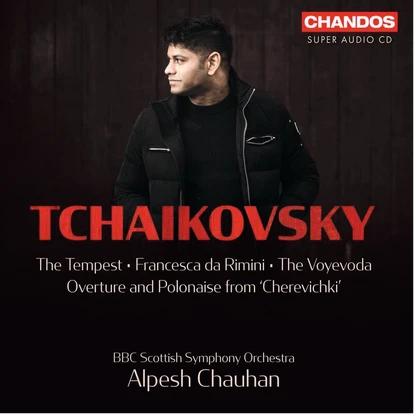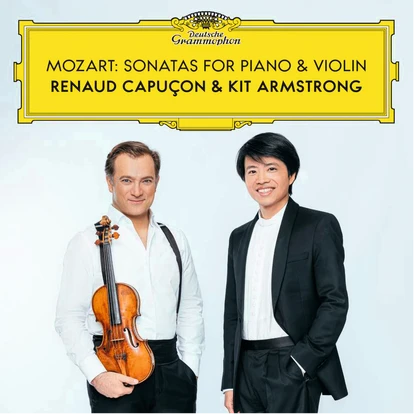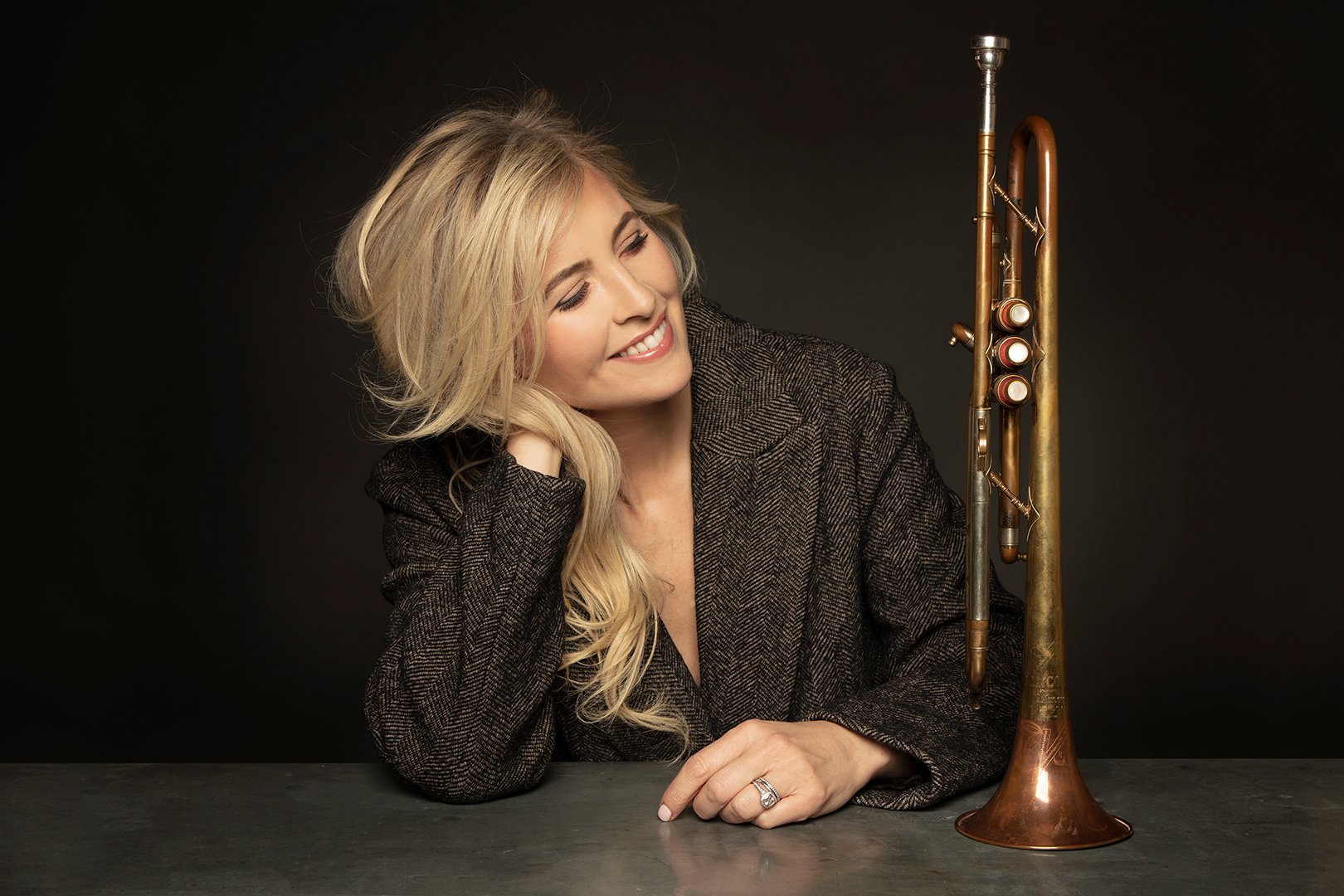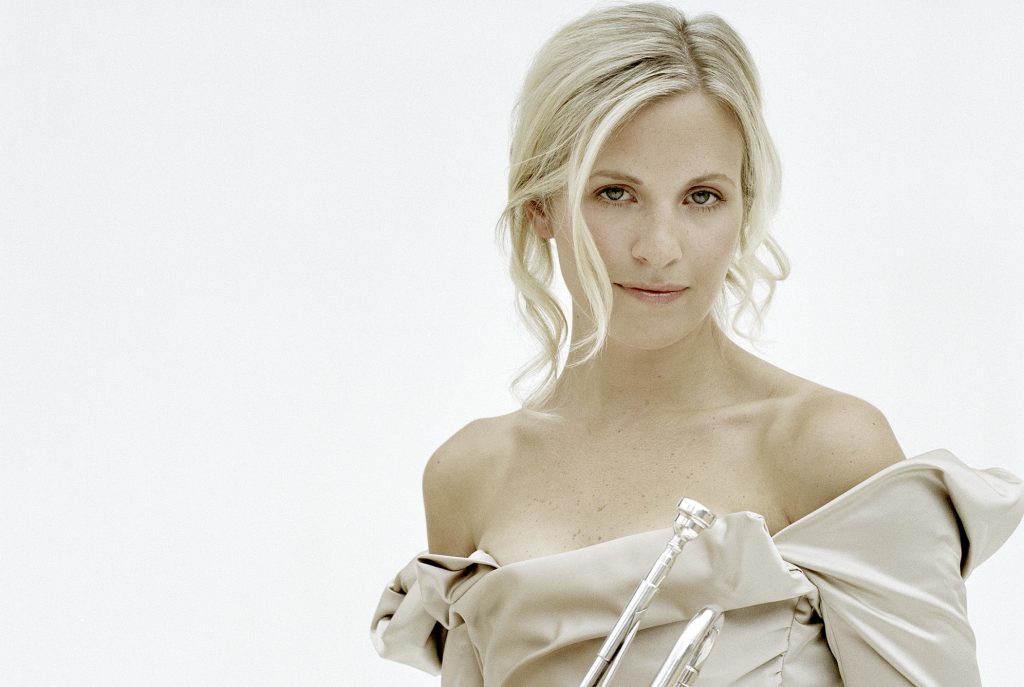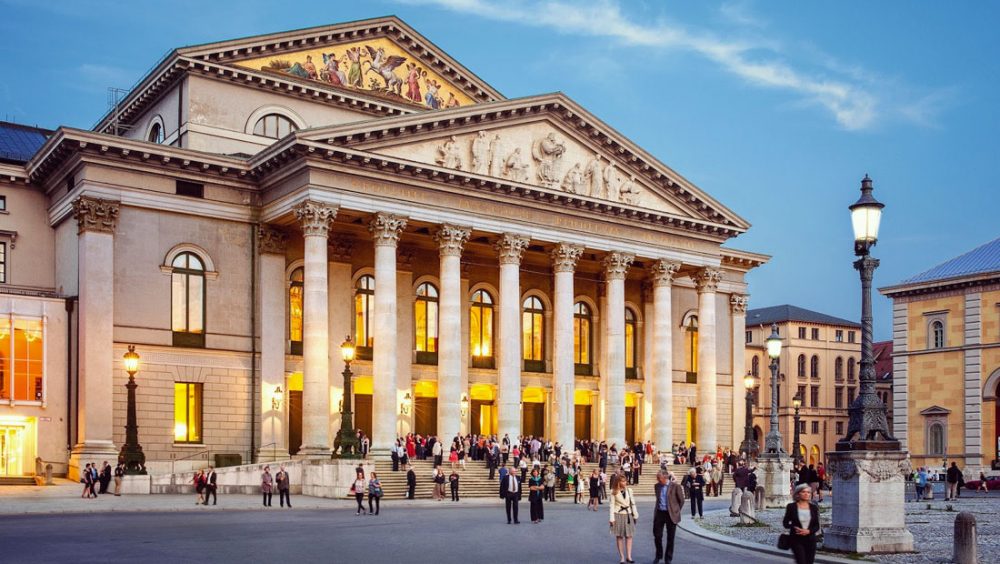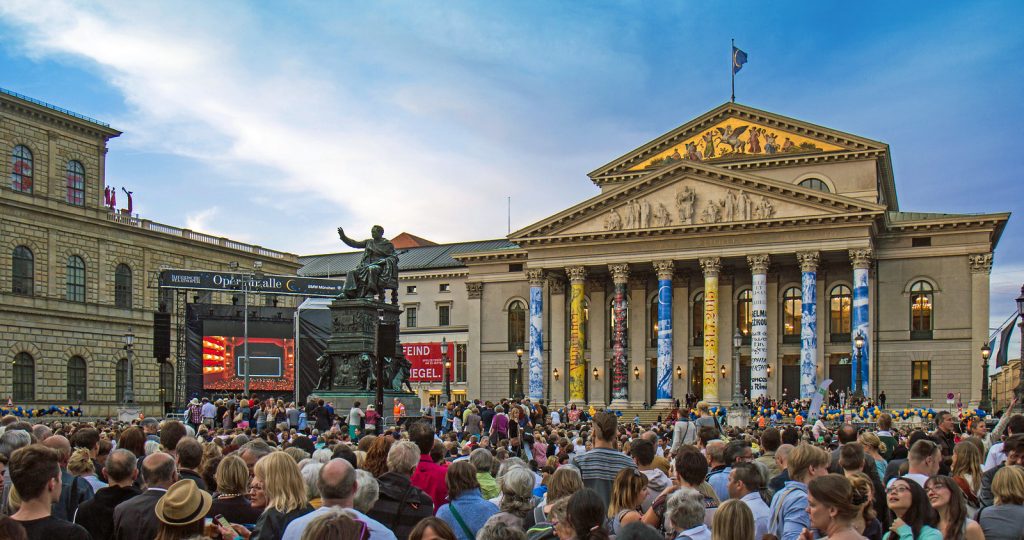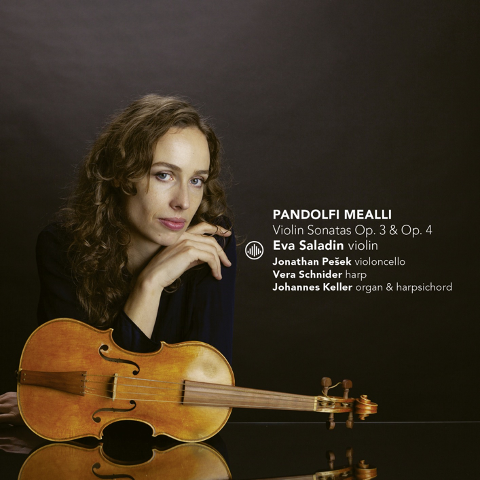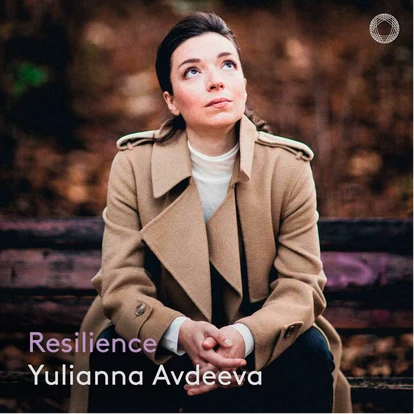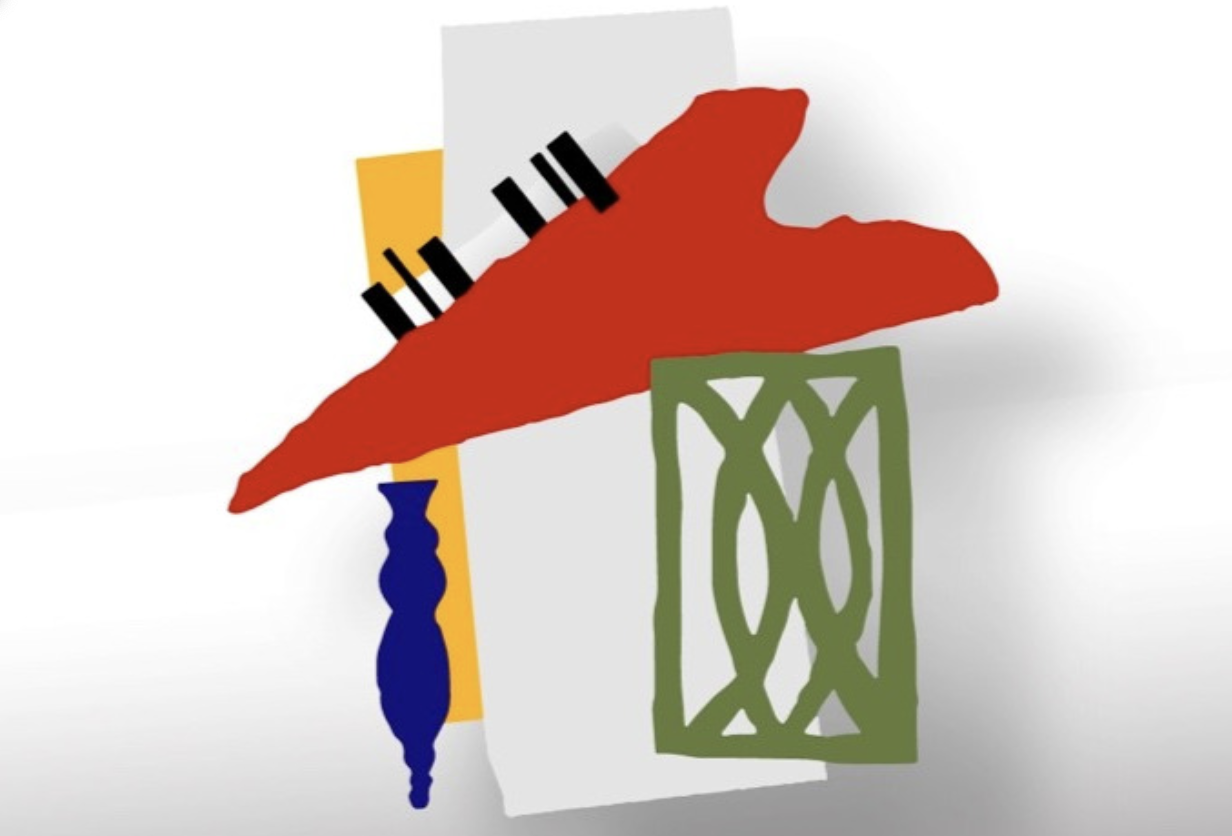What Remains
Echoes Through Eternity: ‘What Remains’
July 2023
Dudok Quartet Amsterdam delivers an enchanting auditory exploration with their latest release, “What Remains.” A symphony of diverse compositions, ranging from centuries past to the contemporary, this album takes listeners on an immersive journey through time and sound. While occasionally missing a visual element, the quartet’s impassioned performance leaves an indelible mark, particularly in the title work by Joey Roukens.
The eponymous centerpiece of the album, Roukens’s “String Quartet No. 4 ‘What Remains,'” is a musical odyssey that delves into the realms of memory, form, and music itself. The quartet’s rendition resonates with fervor and connection, inviting audiences to embark on an introspective expedition. Roukens’s quartet is a captivating tapestry, woven with intricate threads of emotion that unravel with each subsequent listen, revealing the depths of its artistic brilliance.
“What Remains” embraces a sweeping range of compositions, from the early notations of Pérotin’s “Viderunt omnes” to the enigmatic madrigal by Gesualdo. These historical pieces act as pillars, framing the hauntingly powerful performances of Olivier Messiaen’s celestial “Oraison” from “Fête des belles eaux” and Steve Reich’s immersive “Different Trains.” The album’s thematic focus on time, motion, and journeys is poetically expressed through this eclectic selection, offering a sonorous glimpse into the continuum of human experience.
A standout gem, Steve Reich’s “Different Trains,” unfurls as a cinematic masterpiece, intertwining a World War II narrative with magnetic tape effects and evocative voiceovers. The quartet’s rendition captures the essence of the composition’s emotional depth, though at times, the recorded sound’s constraints prevent the full realization of its grandeur, imparting a peculiar dryness and confinement.
While the conceptual through-lines of time and motion occasionally meld less seamlessly across the album’s eclectic array, Dudok Quartet Amsterdam’s impassioned and intense performance bridges these realms. The quartet’s dedication to Roukens’s opus and the wider repertoire is palpable, drawing listeners into an enchanting auditory world that ignites the imagination.
In summation, “What Remains” is a meticulously curated mosaic of sound that beckons listeners to contemplate the elusive passage of time and the spectral echoes of history. Despite minor limitations in capturing the full auditory spectrum, the Dudok Quartet Amsterdam’s masterful interpretations, particularly of Joey Roukens’s resonant quartet, make this album an enriching and immersive journey for aficionados of classical and contemporary soundscapes alike.
